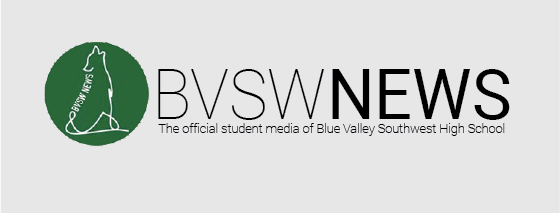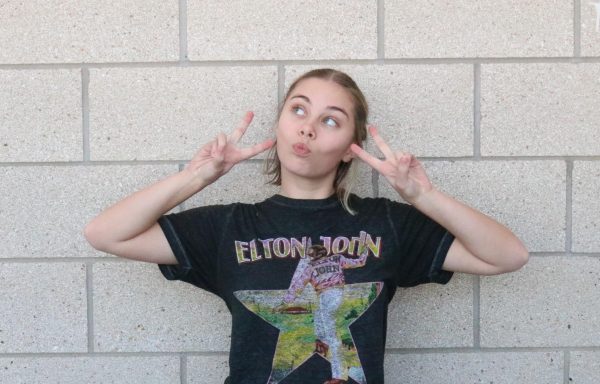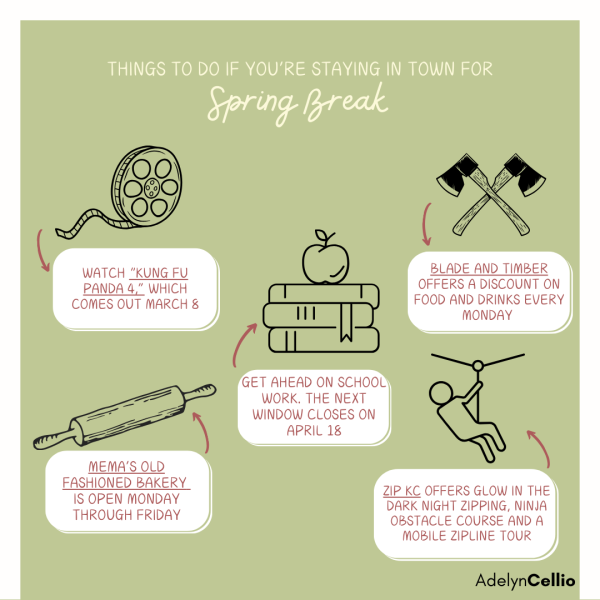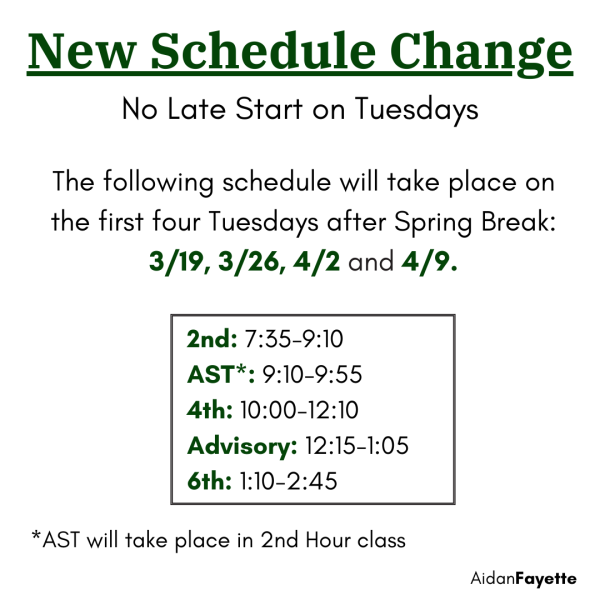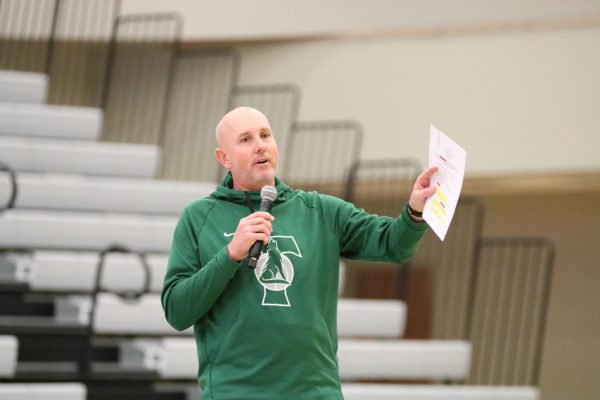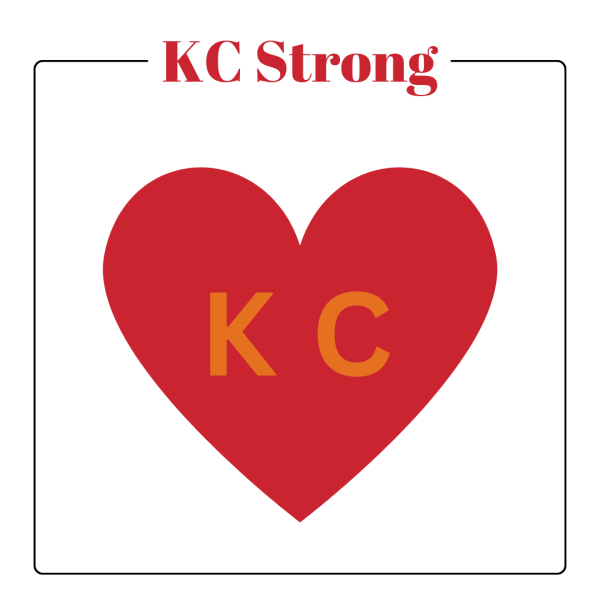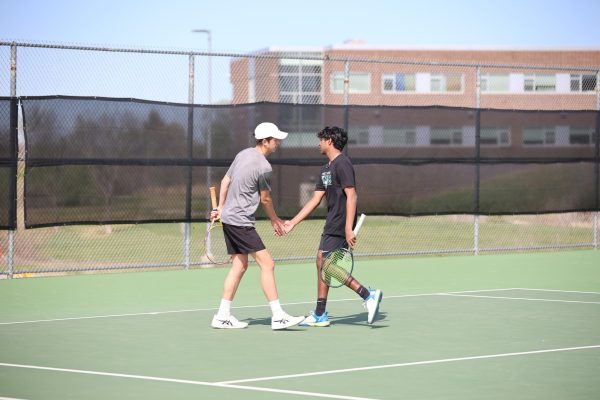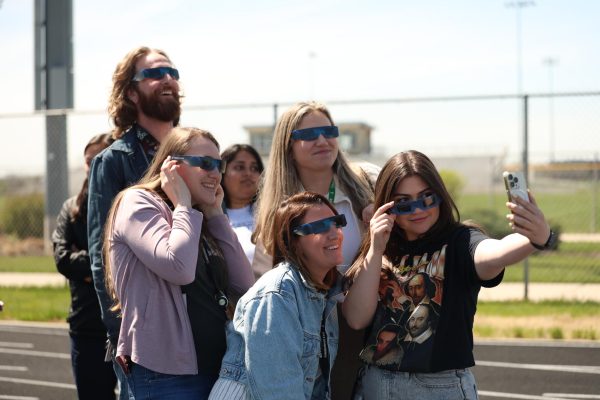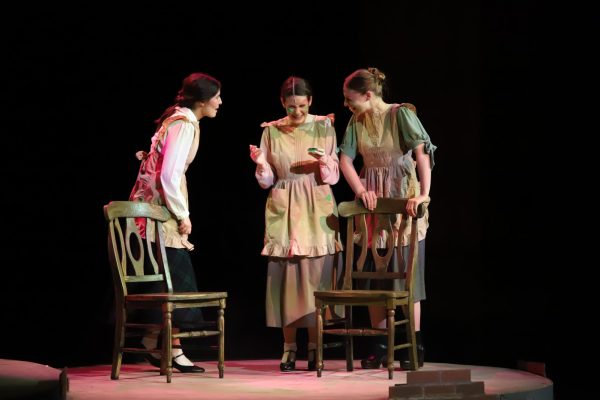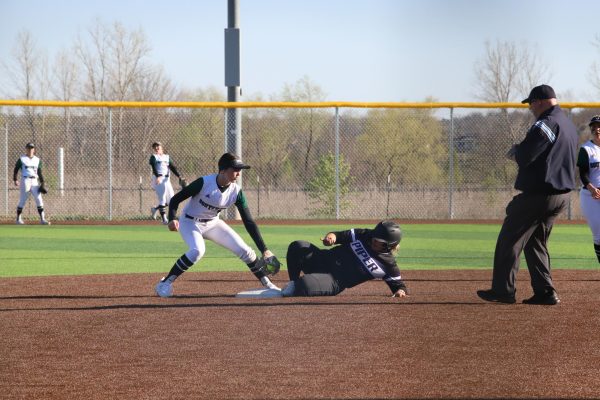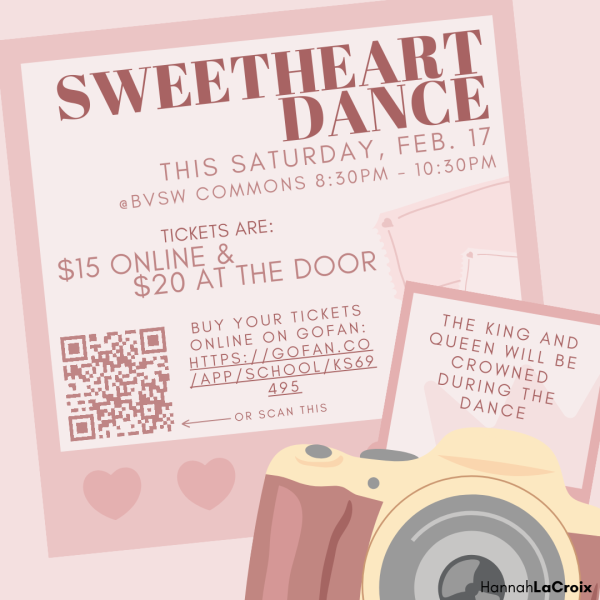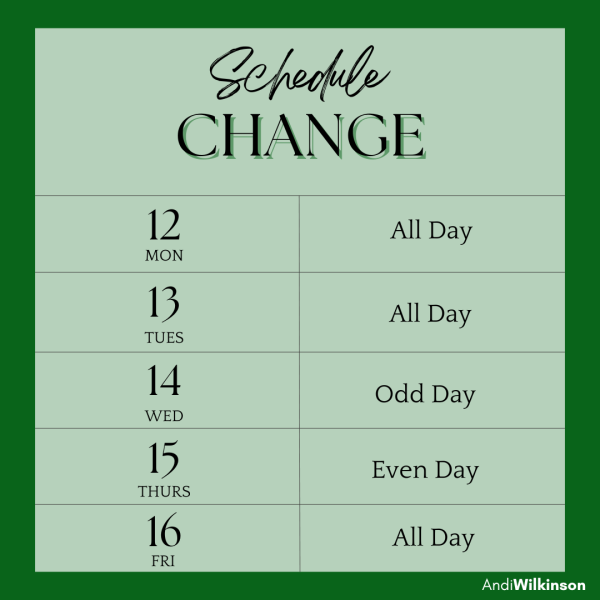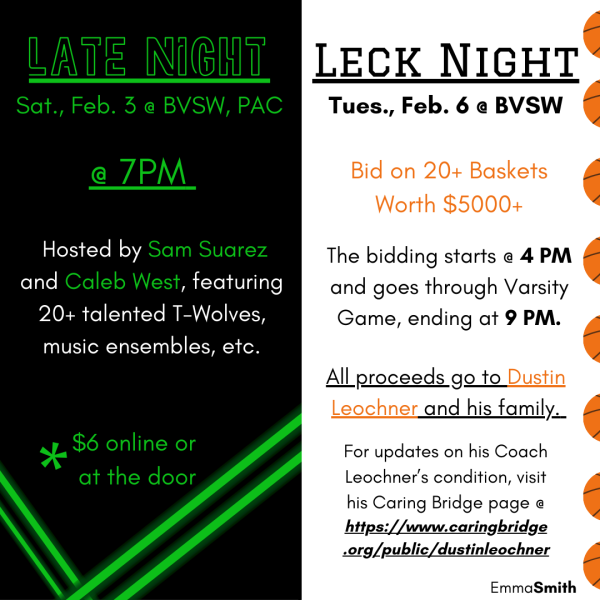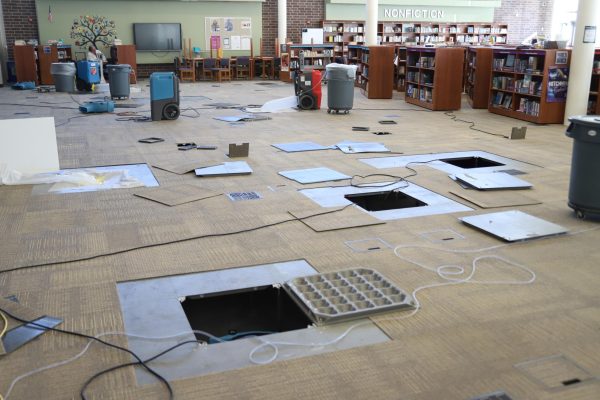Taking the Stand
an inside look at Youth Court
Since its establishment, Youth Court has provided high-school students with the unique opportunity to participate in a real trial. Senior Michael Simmons, who joined Youth Court at the beginning of his junior year, said the club is a great way to learn about the justice system.
“Youth Court is an alternative to real court meant for juveniles that have committed a crime and admitted guilt,” Simmons said. “They can get their punishment from Youth Court, rather than having it assigned by a real court and having it go on their record.”
Youth Court is run out of the District Attorney’s (DA’s) office, but officers Matt Buelt and Mark Kelly are in charge of the BVSW branch. Kelly said he’s passionate about growing the program, and he works diligently to make sure students know how to get involved.
“When I came to Blue Valley Southwest four years ago, the program was really small,” Kelly said. “With Officer Buelt’s help, we started recruiting hard and getting into classrooms to educate students about what Youth Court is, and now we have 55 people signed up for it.”
One of these 55 students is junior Makena Reno, who joined Youth Court last year.
“I decided to join because I wanted to see if law was something I’d be interested in pursuing after high school,” Reno said. “I’m really happy I joined because I’ve gained so much experience already.”
To join Youth Court, Reno, Simmons and other students had to attend a mandatory training date.
“Every school year, the DA’s office sends their representatives from Youth Court out here and we schedule a training date. The last two years, we’ve done it in early October,” Kelly said. “That’s a seven-hour day of training, so students are at school, but they’re out of class for that day. And if you complete that training, then you are ‘trained’ to be any of the positions in Youth Court.”
Youth Court positions include bailiff, judge, jury, defense and prosecution. Students choose their roles through a form made available a week before each case.
“The leaders send out Sign-up Geniuses once every couple weeks, and students have the opportunity to sign up for a role [in Youth Court],” Reno said. “You have to sign up quickly because the spots go really fast.”
Simmons, who was a defense attorney in a recent case, said that while the attorney positions typically require outside-of-school prep-time, the SROs provide them with all necessary resources.
“Once the [SROs] have the case files —which includes the police report, witness reports, contact details for the parents and the kid, etc. — they’ll let you know, and you’ll just come in and grab it from them,” Simmons said. “It’s just a folder with all of the information. The defense, the prosecution and the judge will all get a copy of that, and they’ll have about a week or so to prepare for the trial.”
Youth Court typically takes place in the Orchestra Room at 7:45 on even days. Kelly said that despite being at school, students are required to be professional and treat it as an actual court case.
“It is a legitimate court case that the district court uses to make a determination about what they’re going to do with the respondent,” Kelly said. “The judge follows the script for opening arguments, opening statements, calling of witnesses, questioning the witness, cross examining the witness, and closing statements. The jury exits to deliberate, and then they come back to read off the sanctions.”
Youth Court sanctions are typically a combination of community service, relevant behavioral classes and the occasional apology letter, depending on the case. Kelly said every single respondent is required to serve on two juries within Youth Court, effectively giving back to the program.
“It’s a great way to rehabilitate kids that make a mistake because most kids that commit these first time misdemeanors aren’t going to reoffend,” Kelly said. “It’s just a great way for these kids to avoid stacking up these charges that might affect college, future jobs. They can go through Youth Court, learn something valuable from it, and make better choices going forward.”
